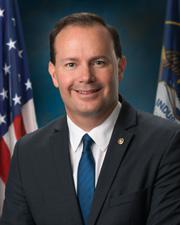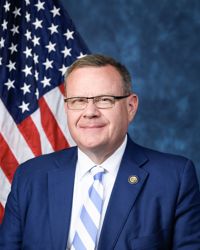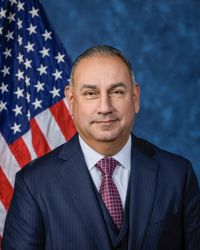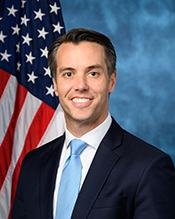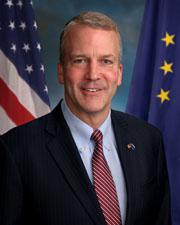S. 1180: Abolish TSA Act of 2025
The bill titled "Abolish TSA Act of 2025" proposes the following actions regarding the Transportation Security Administration (TSA):
1. Abolishment of TSA
The TSA would be abolished three years after the enactment of this bill. This means that all responsibilities and programs currently managed by the TSA would no longer exist under that agency.
2. Transfer of Responsibilities
Upon abolishing the TSA, the bill mandates a transfer of all its authorities, enforcement functions, and programs to private entities. This privatization aims to improve cost-efficiency and security at commercial airports.
3. Creation of a New Office
The Secretary of Homeland Security will be required to establish an Office of Aviation Security Oversight within the Federal Aviation Administration (FAA) within 90 days of the bill's enactment. This office will oversee and regulate aviation security activities but will not conduct airport screening services.
4. Reorganization Plan
The Secretary of Homeland Security, in consultation with the Secretary of Transportation, must submit a reorganization plan to Congress detailing how the transition from TSA to private management will be carried out. This plan should include:
- A timeline for transitioning aviation security activities to private screening companies.
- Plans for any necessary changes to existing aviation security regulations.
- Strategies for reducing TSA personnel and operations in a phased approach until the transition is fully complete.
- Transferral of relevant functions, personnel, assets, and liabilities related to surface transportation to the Department of Transportation.
5. Report and Oversight
The Secretary must also provide regular updates on the progress of these changes to Congress, including an initial report within 60 days and subsequent updates every 30 days thereafter. Additionally, the Government Accountability Office (GAO) is to report on compliance with the Act every 180 days.
6. Congressional Review
The reorganization plan must be presented to Congress, which has the ability to approve or reject the plan through a joint resolution. Specific processes are outlined for how this resolution should be handled in both the House of Representatives and the Senate.
7. Exclusions and Constraints
The plan for privatization can’t include requirements for private contractors to conduct warrantless searches or extend the timeline established for the TSA's abolishment.
Relevant Companies
- ALGT (Alaska Air Group, Inc.) - As a major airline, Alaska Airlines may be affected by the transition to private security firms for screening at airports.
- DAL (Delta Air Lines, Inc.) - Delta might experience changes in their operational costs and security protocols related to the privatization of airport security services.
- LUV (Southwest Airlines Co.) - Changes in security management could impact operational efficiency and airport partnerships for Southwest.
- AAL (American Airlines Group Inc.) - American Airlines could face adjustments in their security operations and costs due to the involvement of private companies in airport security screenings.
This is an AI-generated summary of the bill text. There may be mistakes.
Sponsors
2 bill sponsors
Actions
2 actions
| Date | Action |
|---|---|
| Mar. 27, 2025 | Introduced in Senate |
| Mar. 27, 2025 | Read twice and referred to the Committee on Commerce, Science, and Transportation. |
Corporate Lobbying
0 companies lobbying
None found.
* Note that there can be significant delays in lobbying disclosures, and our data may be incomplete.
